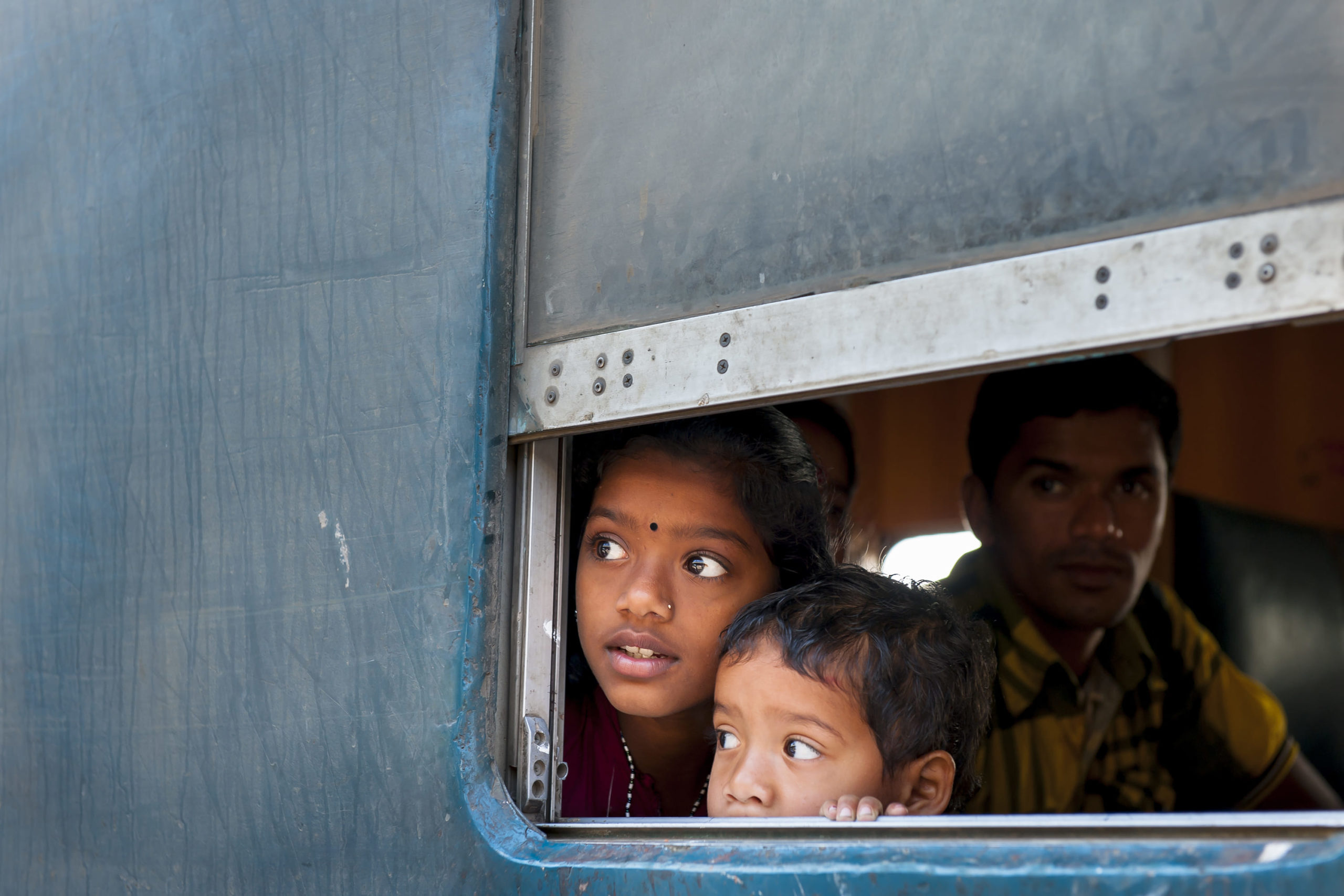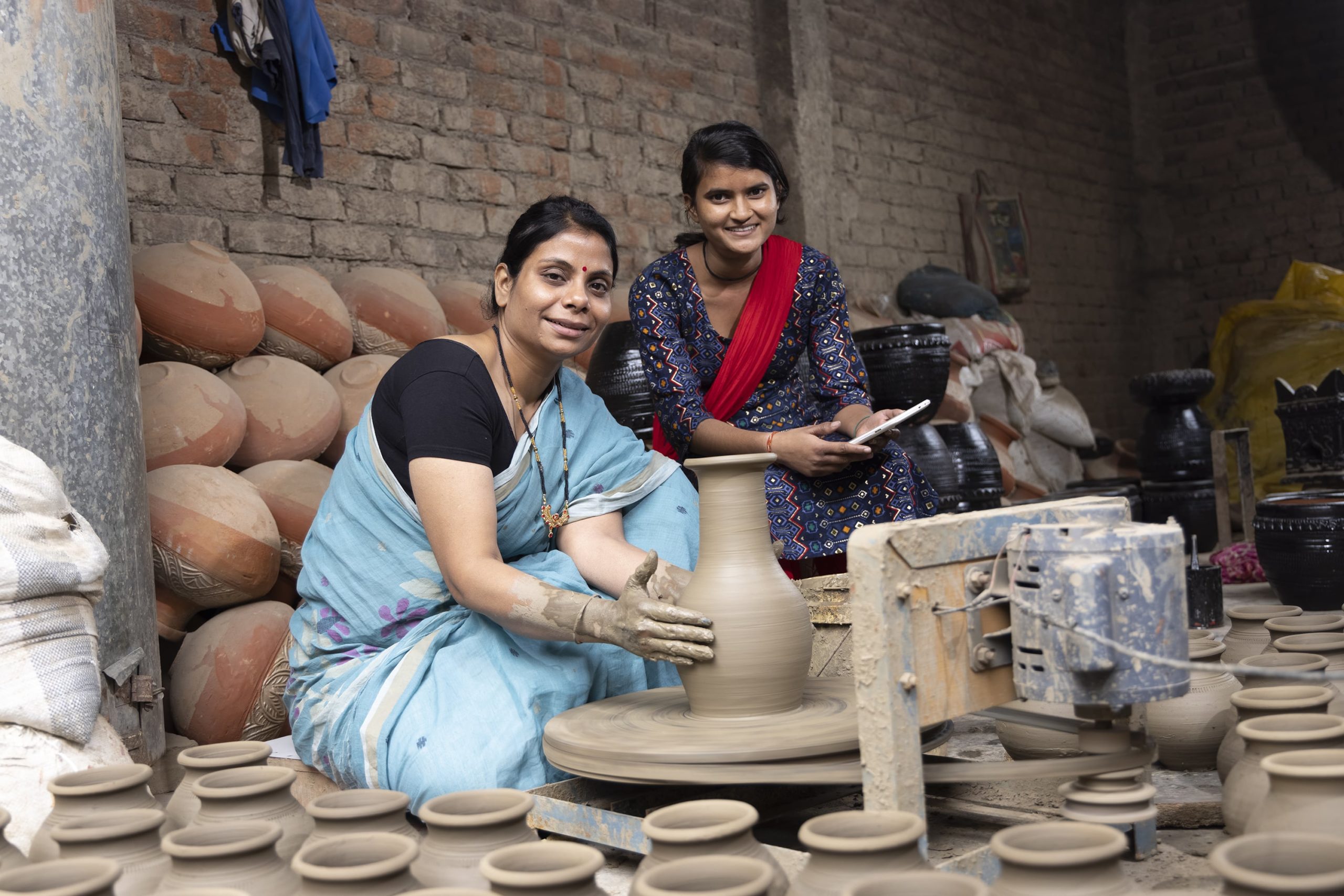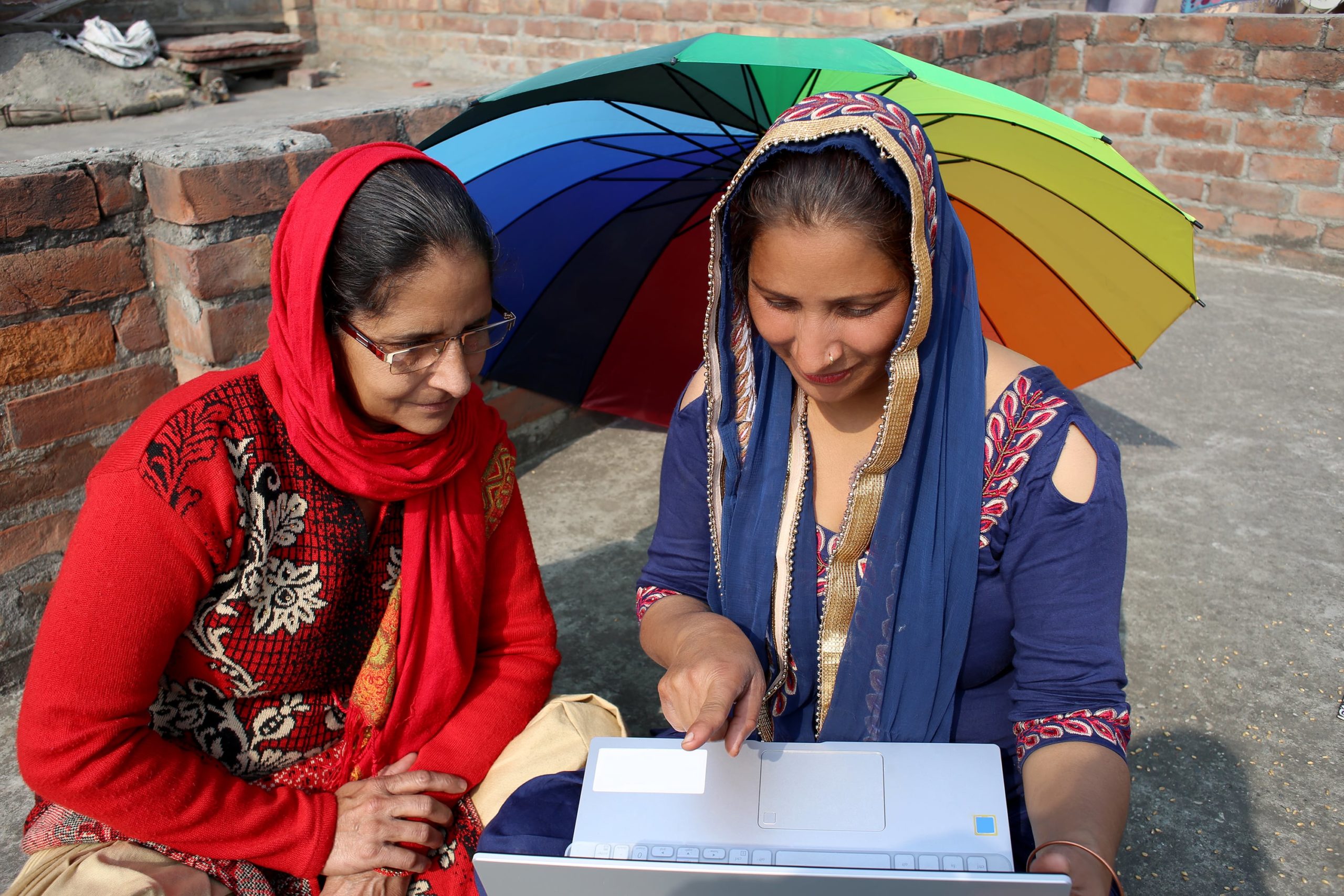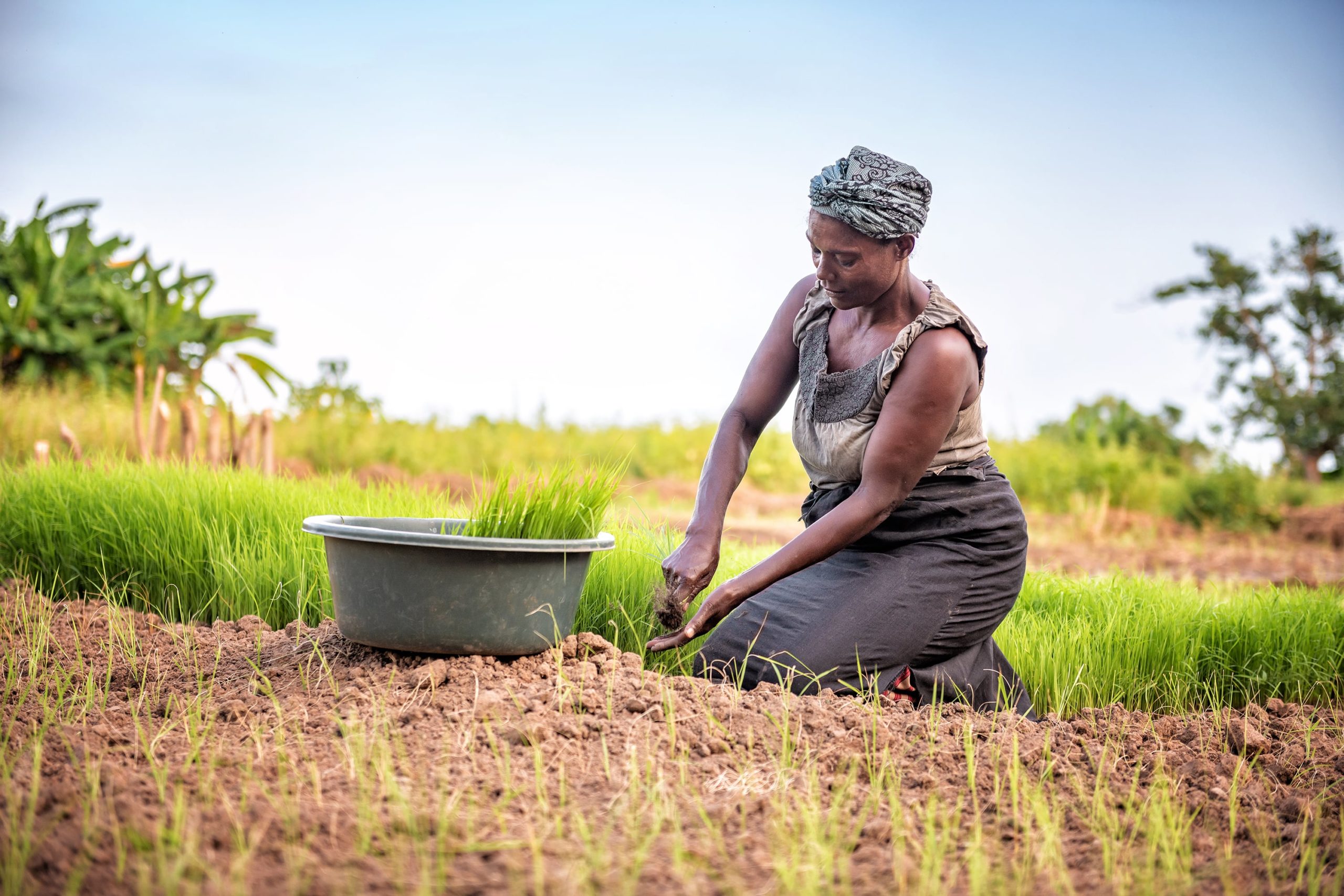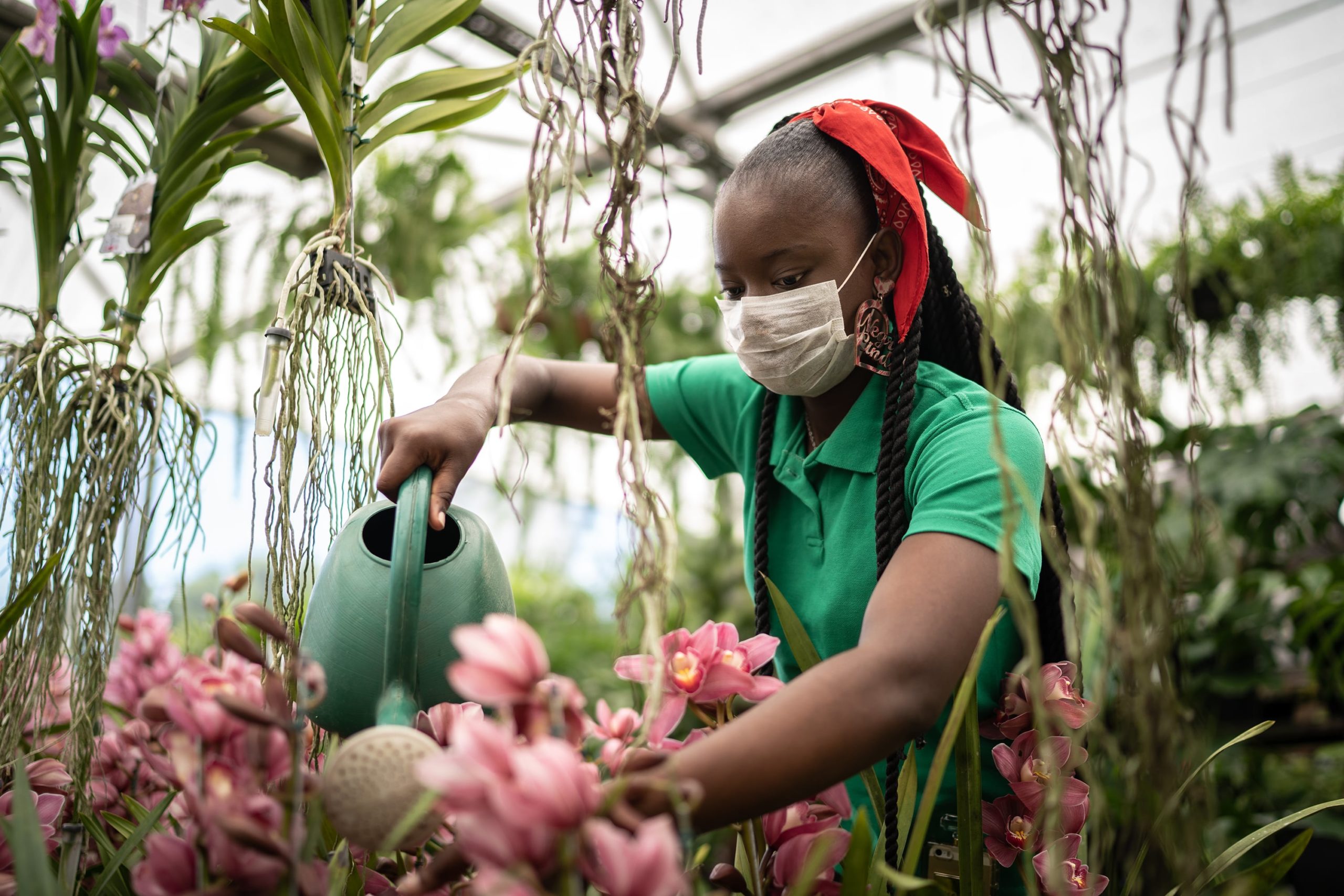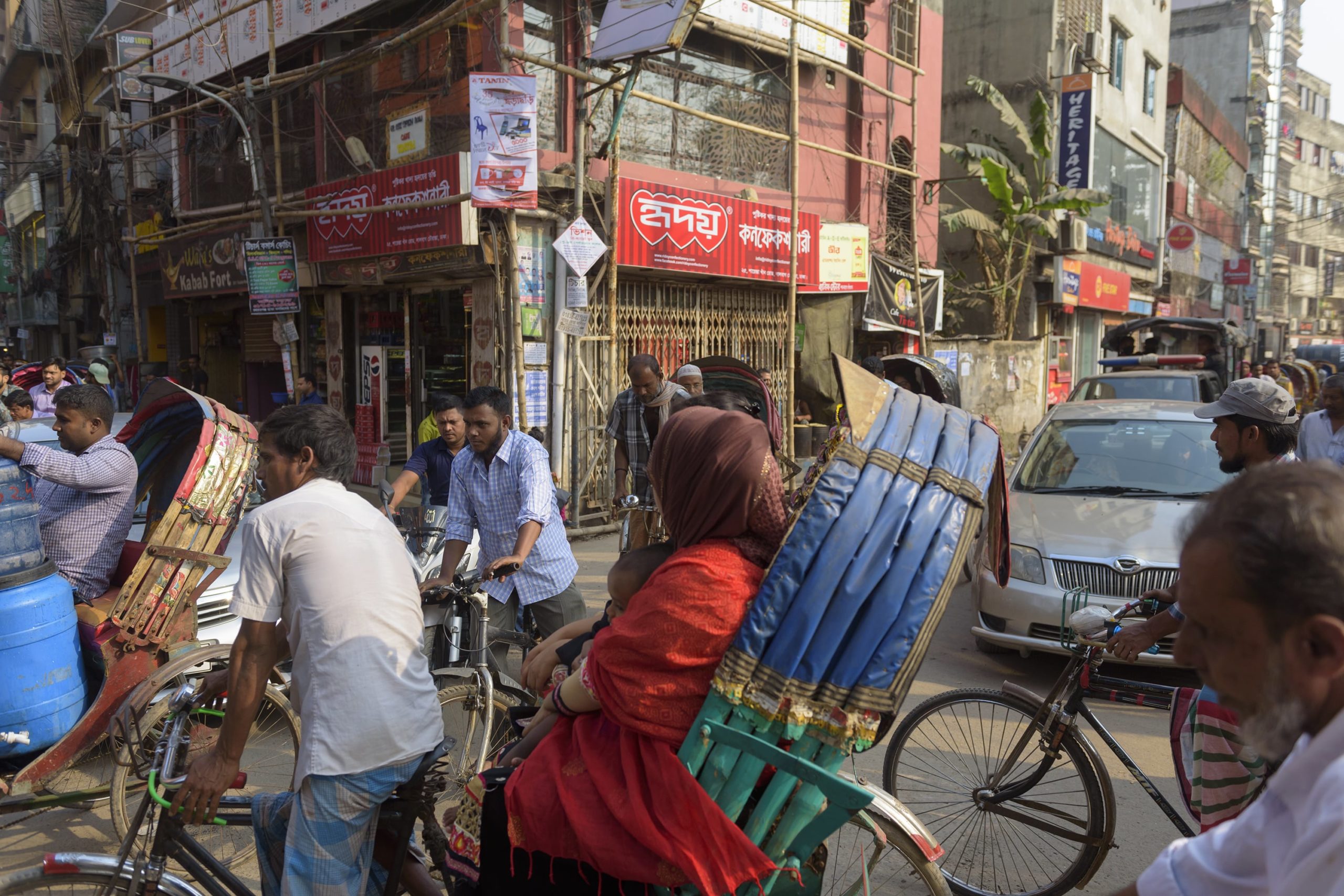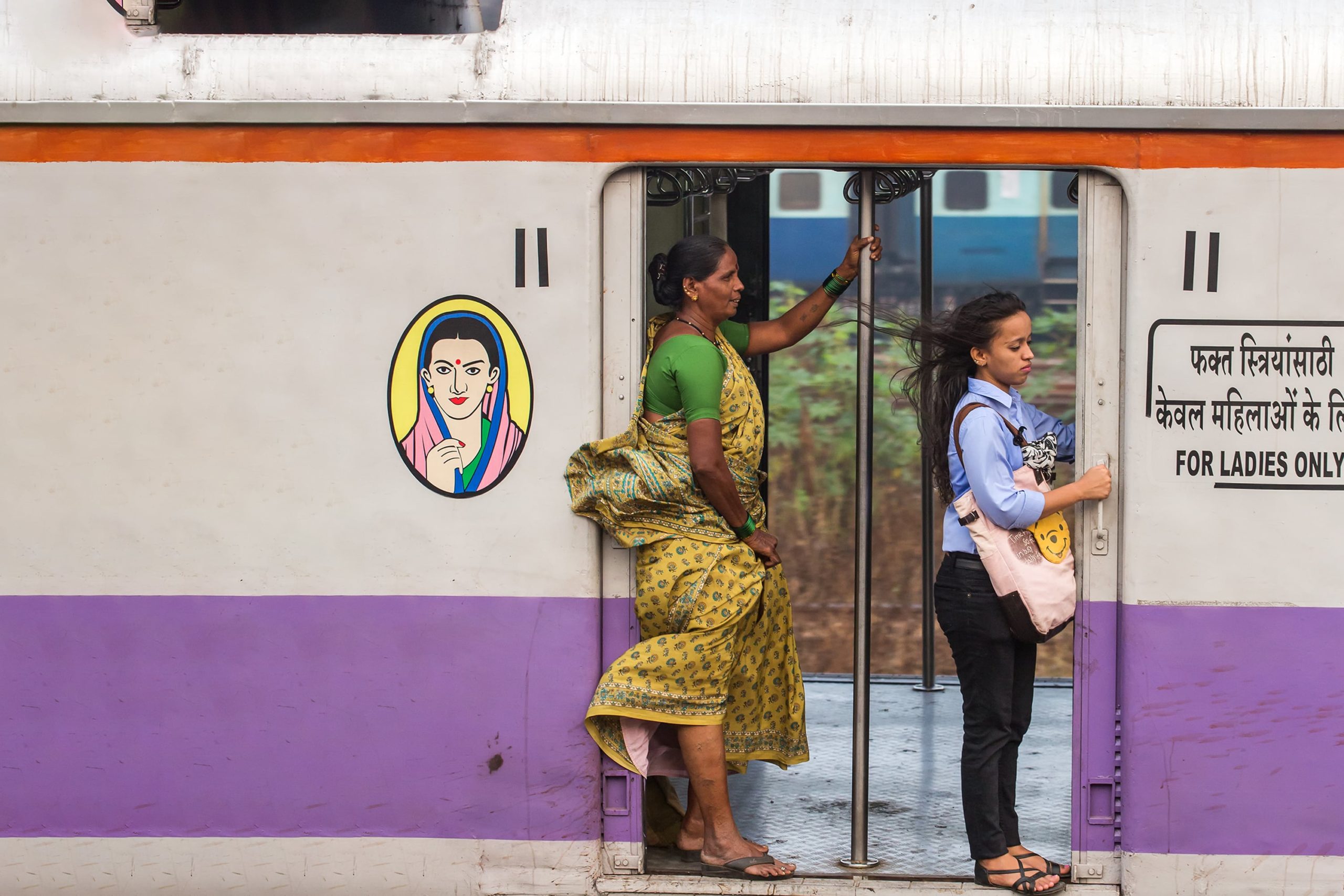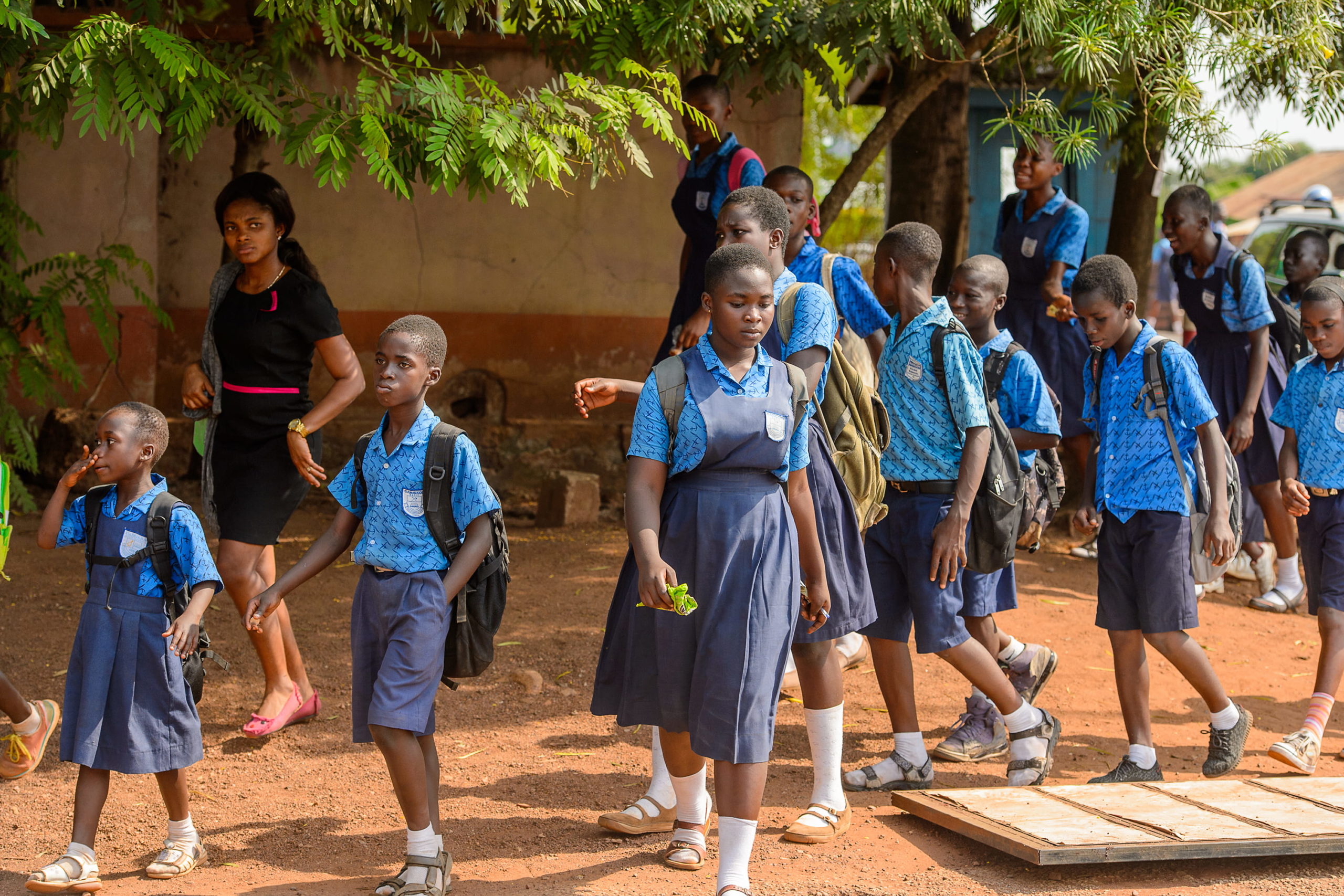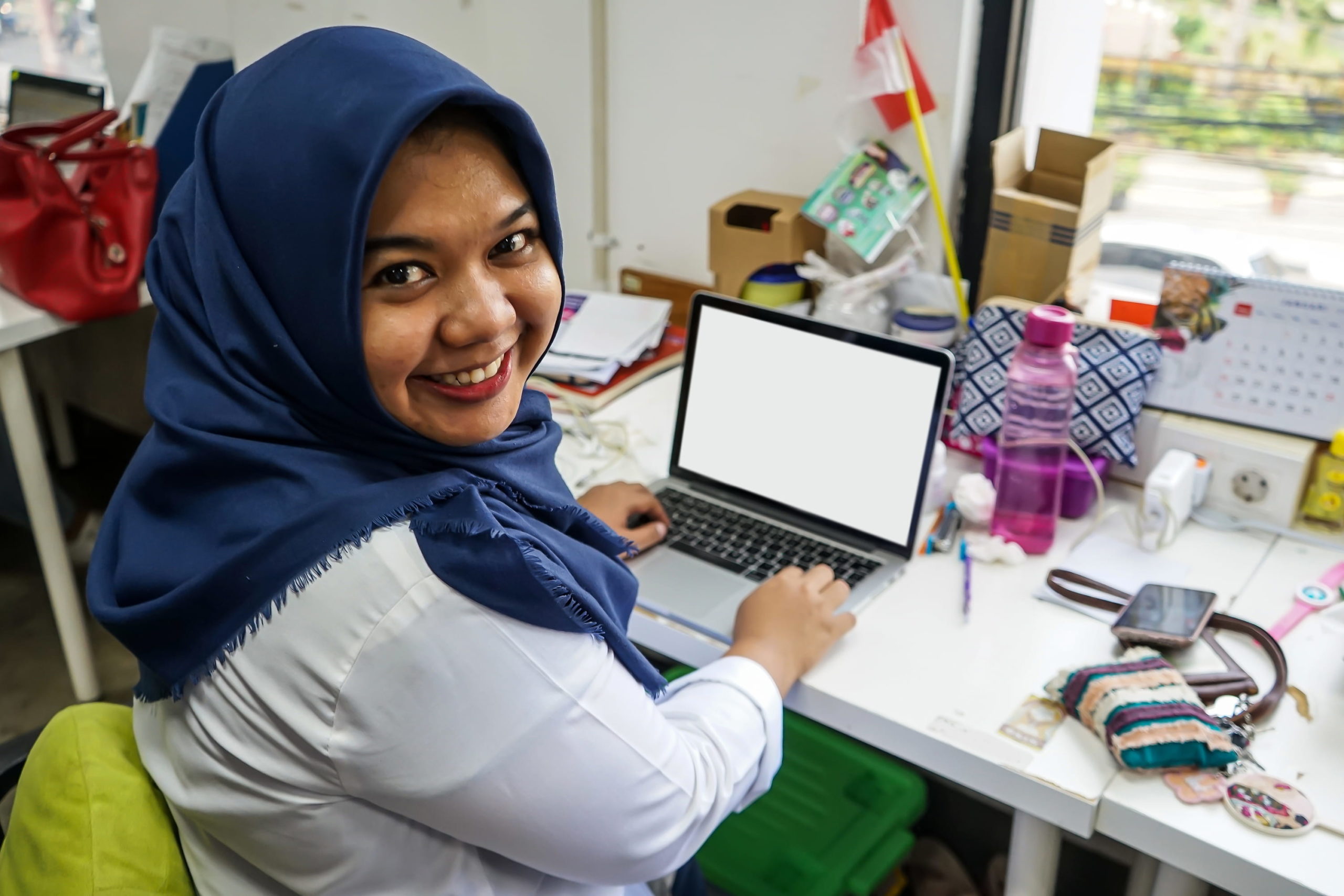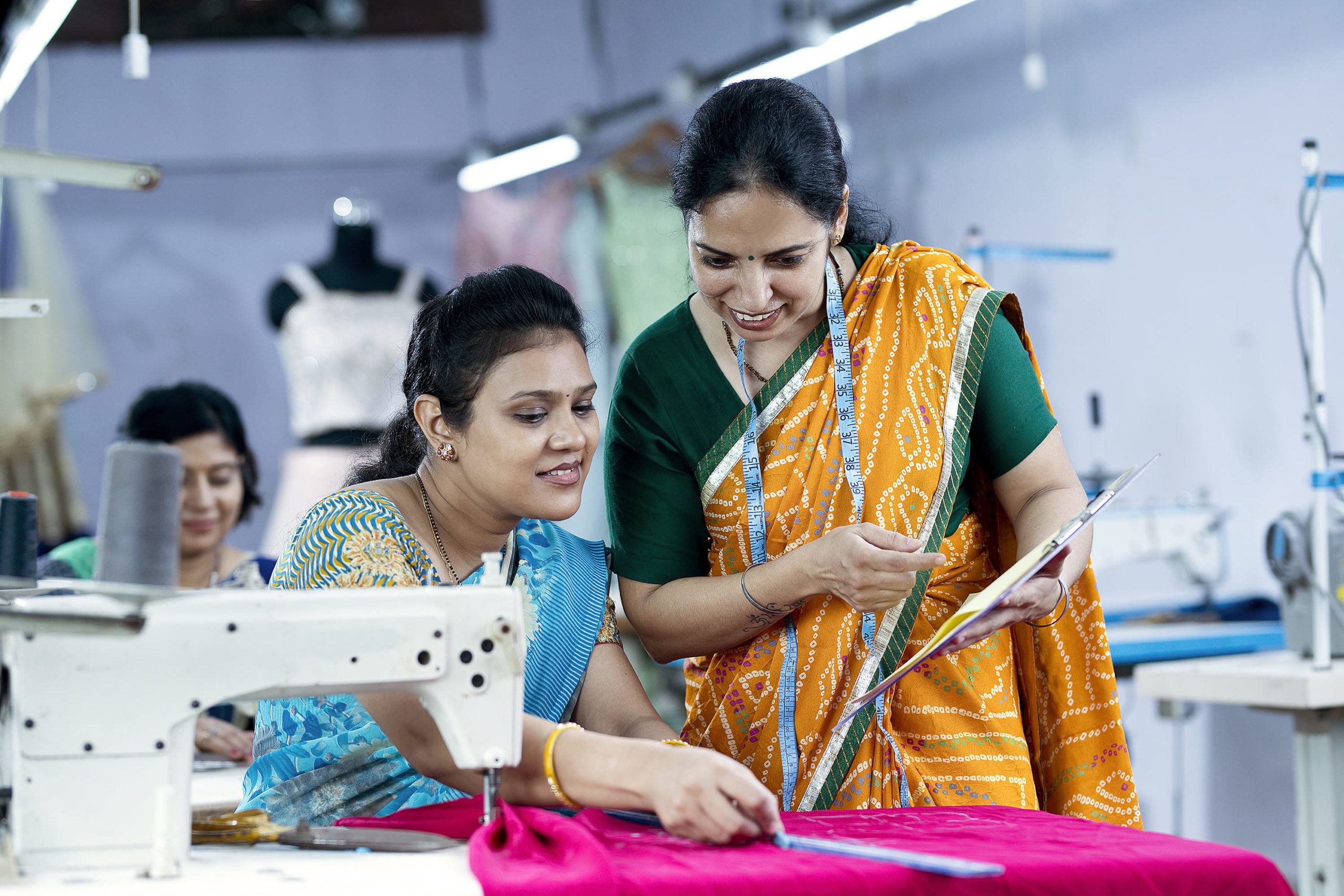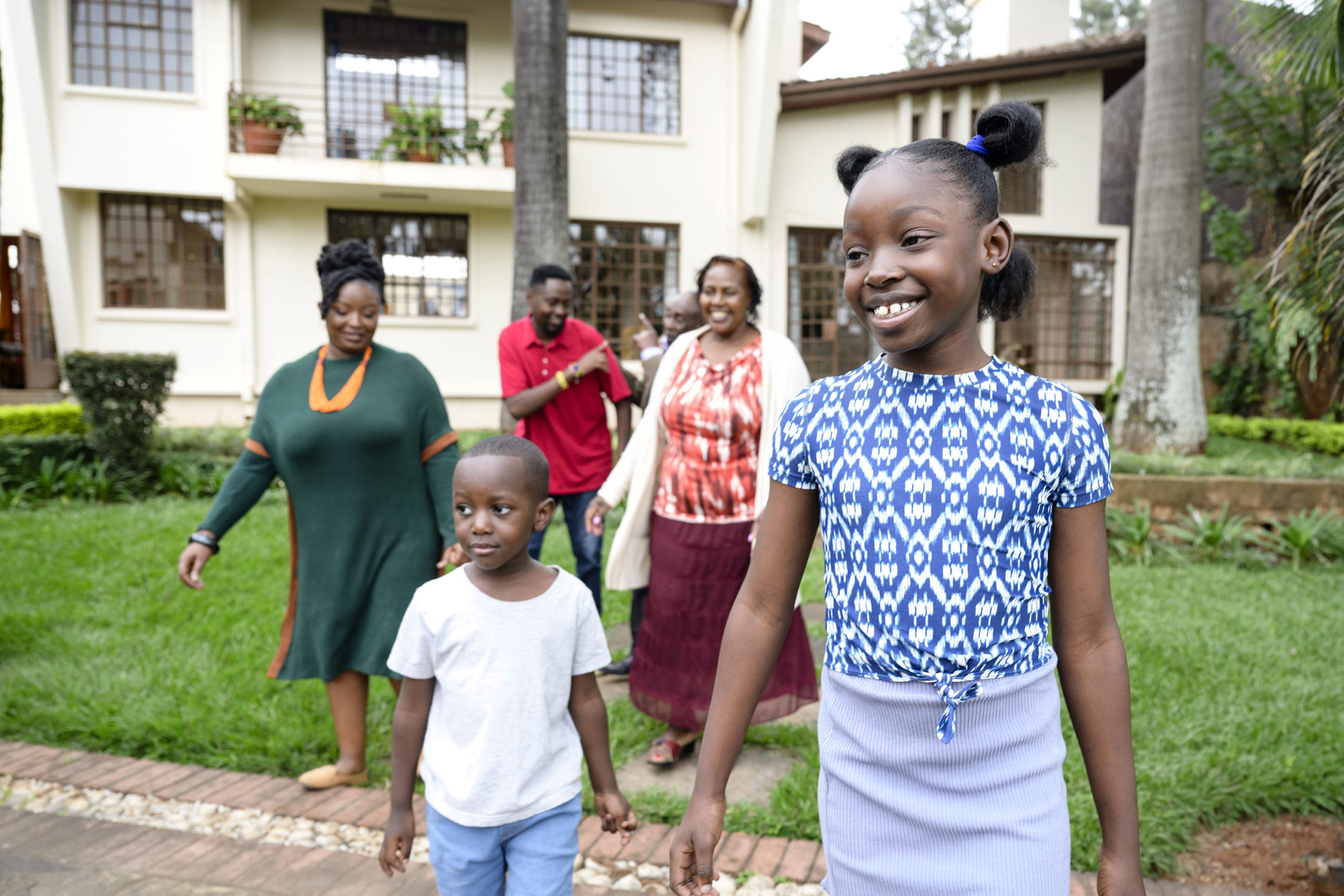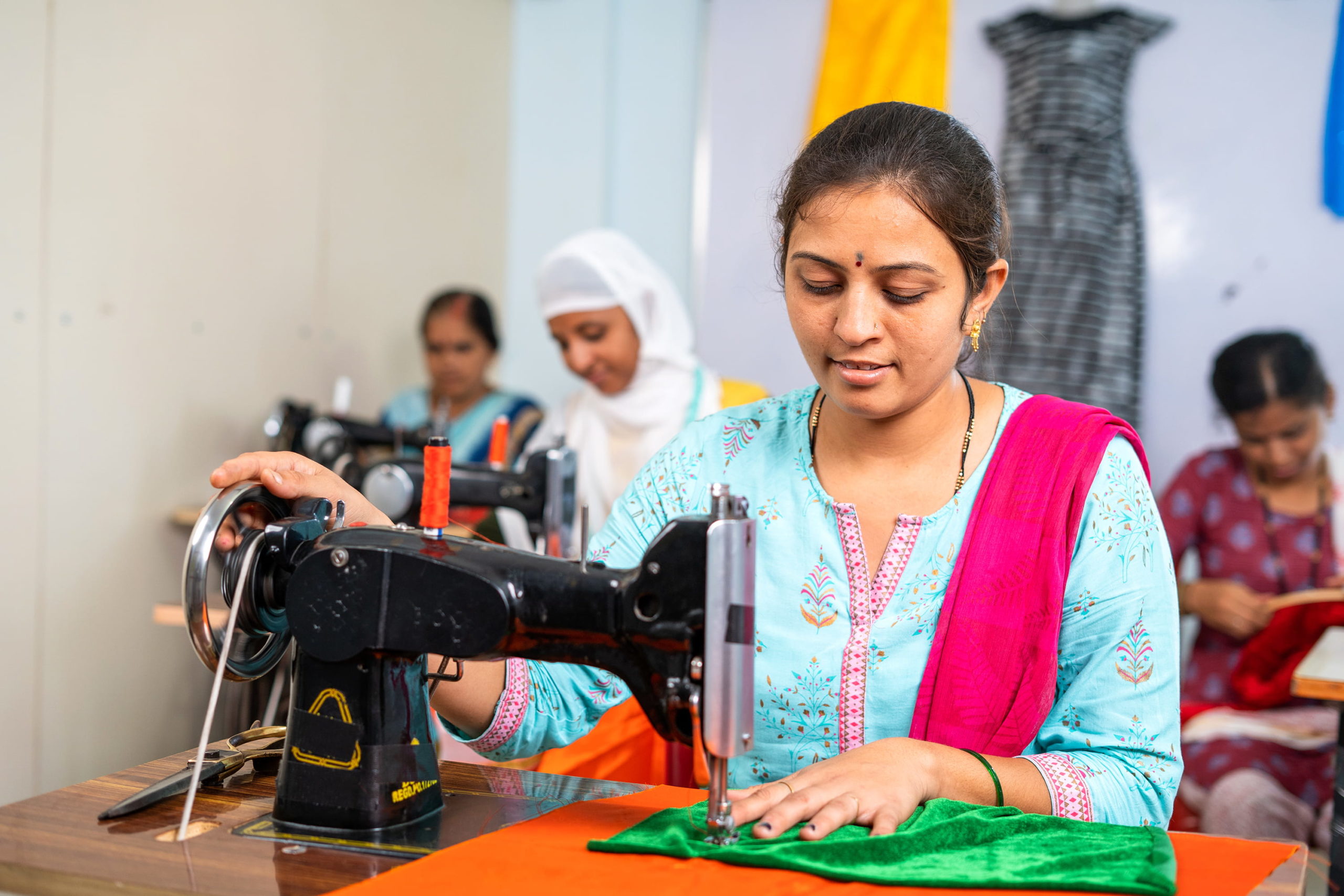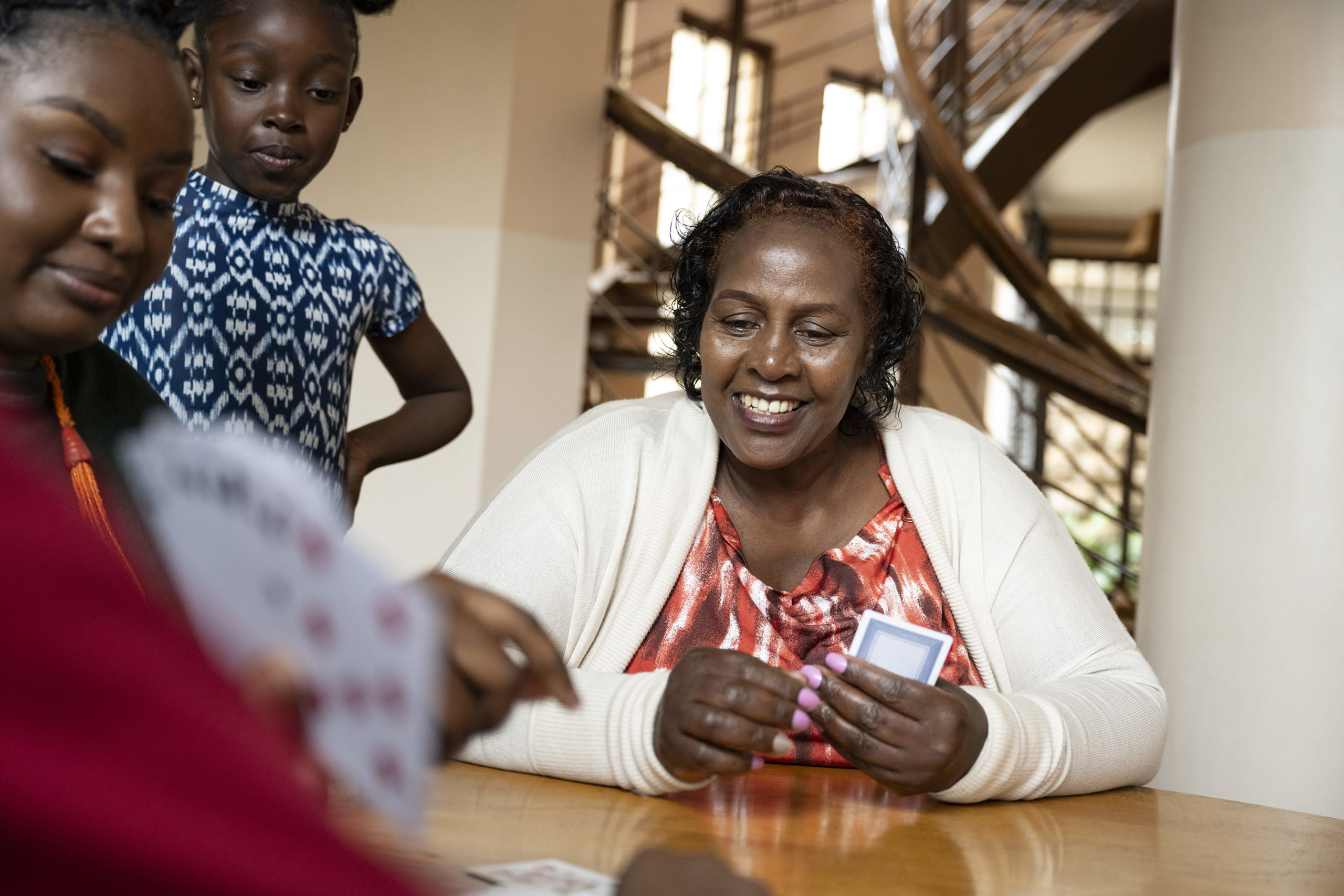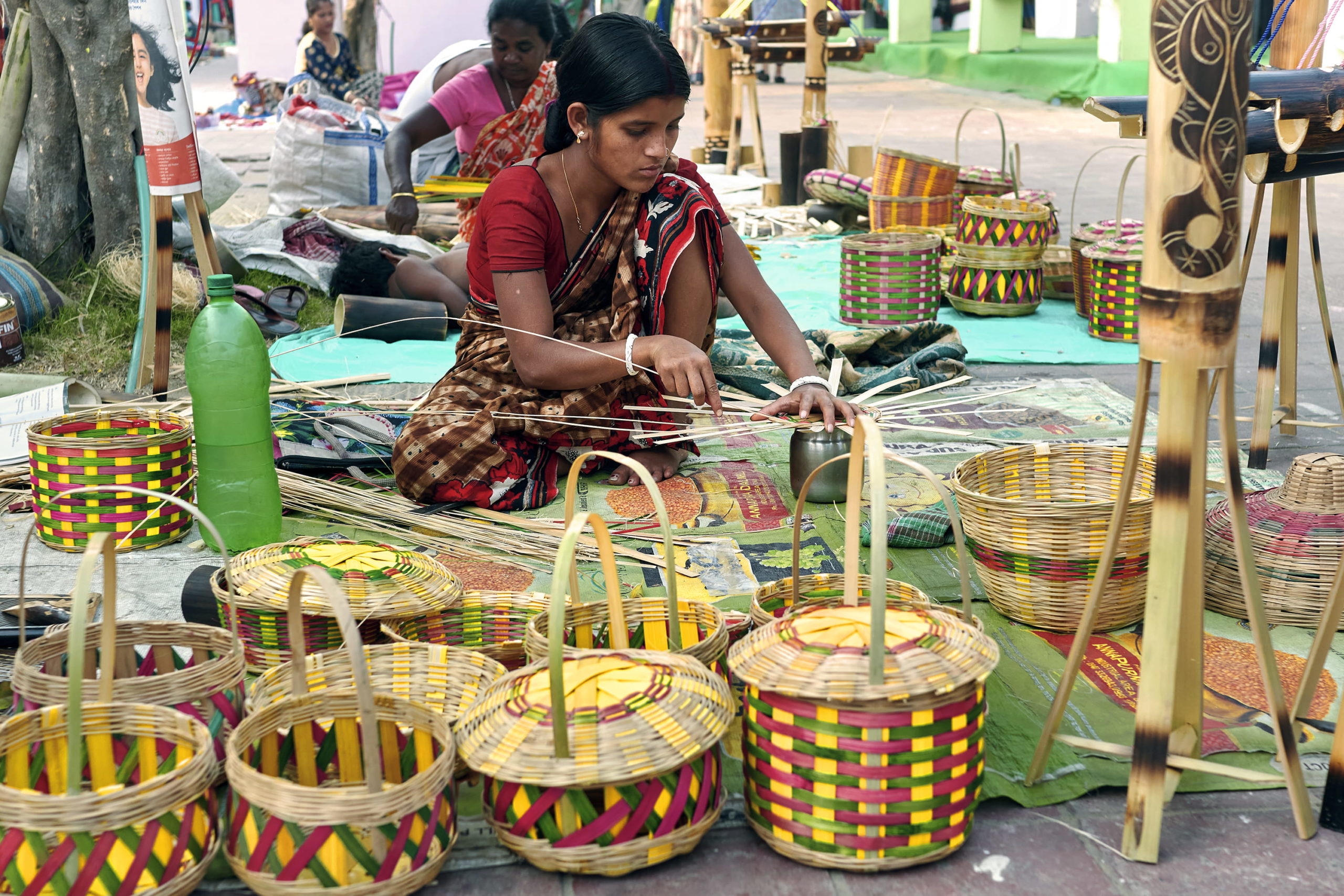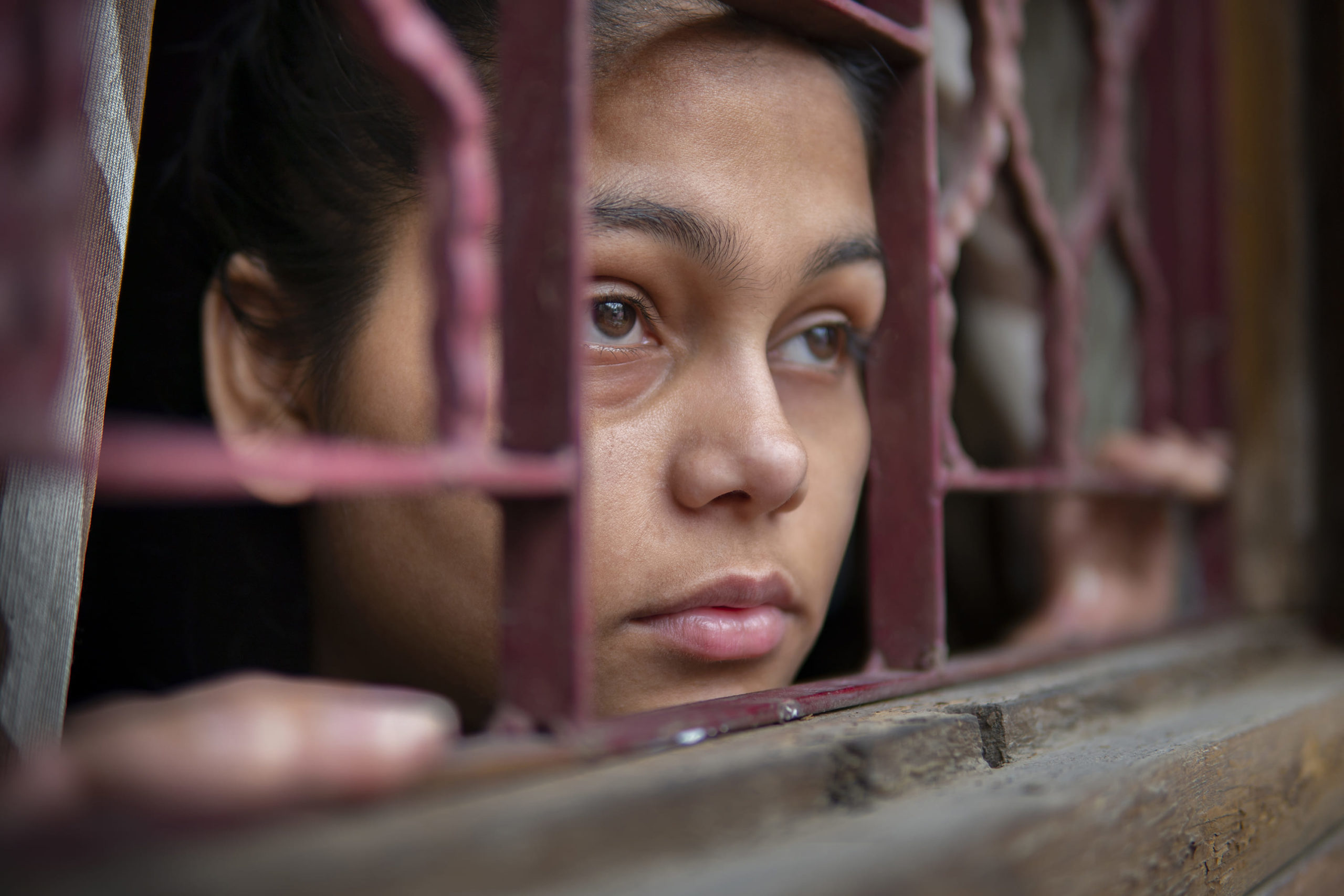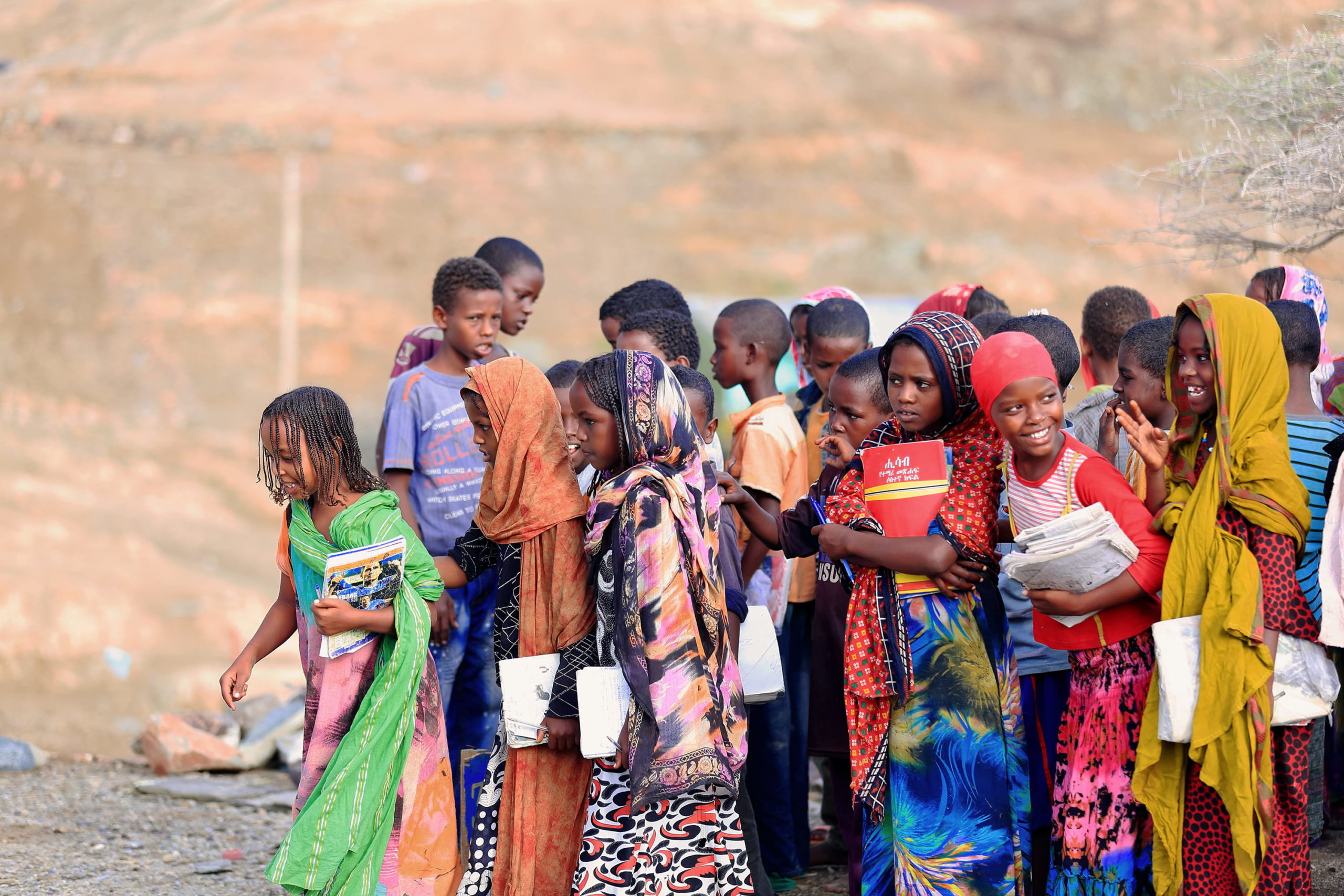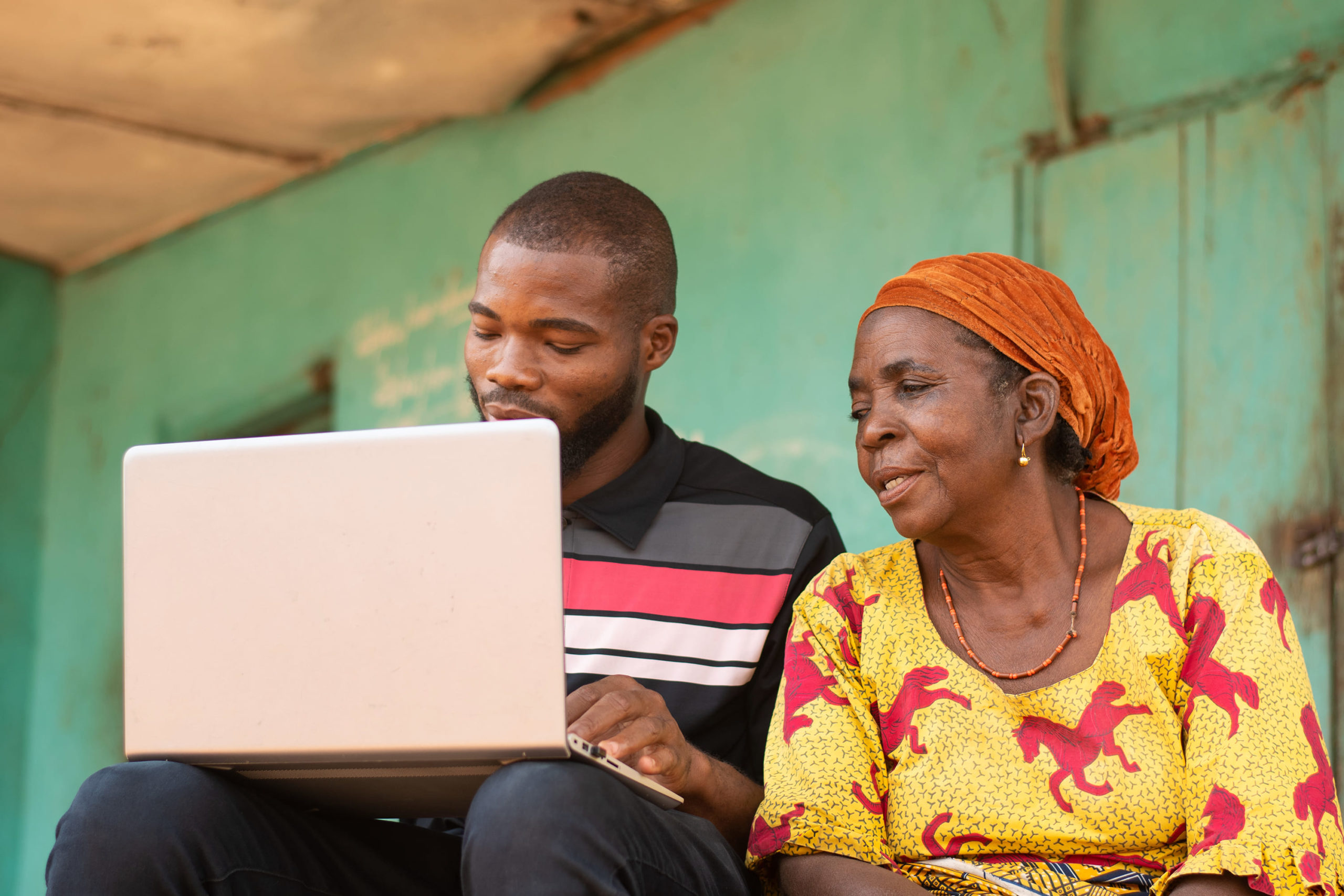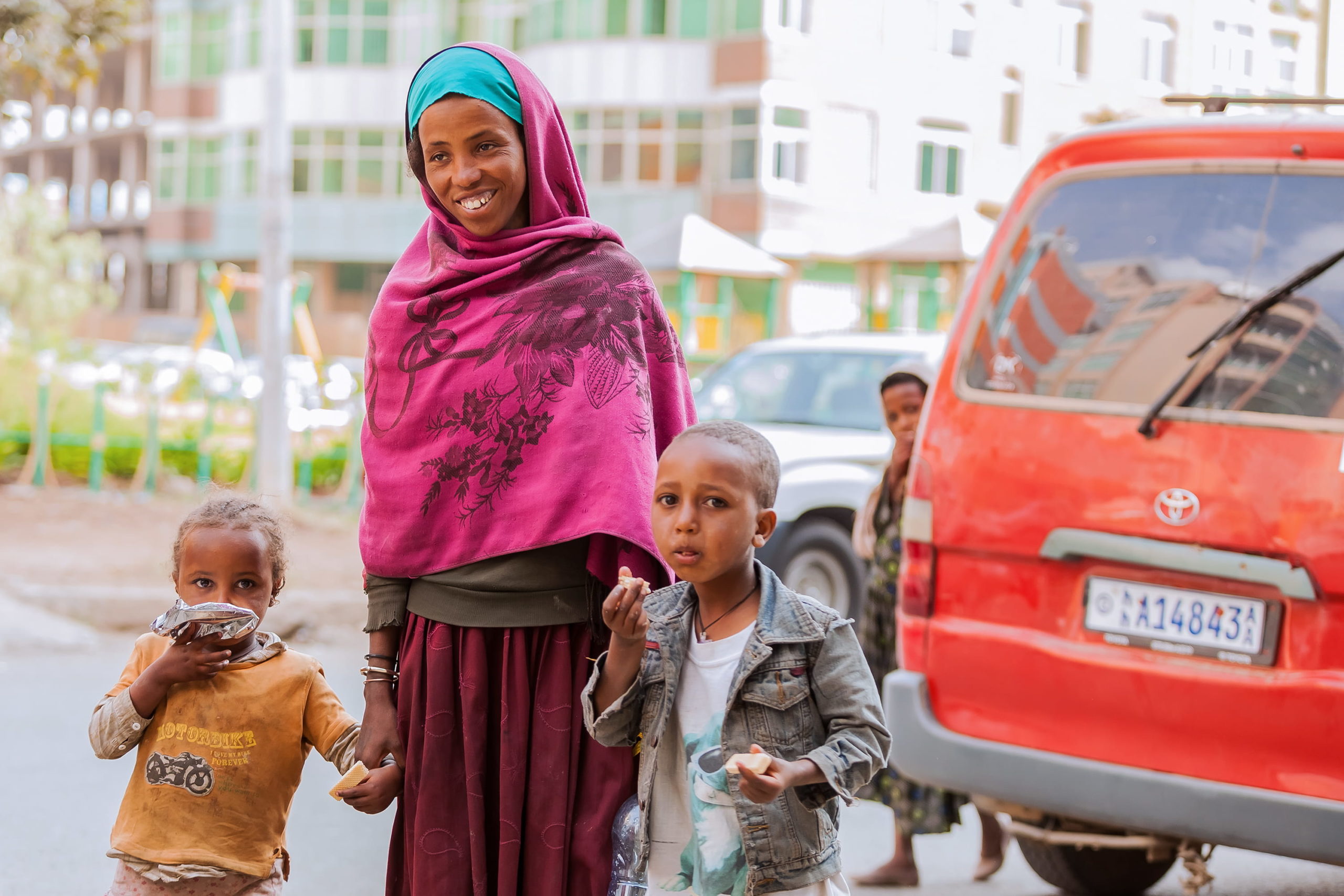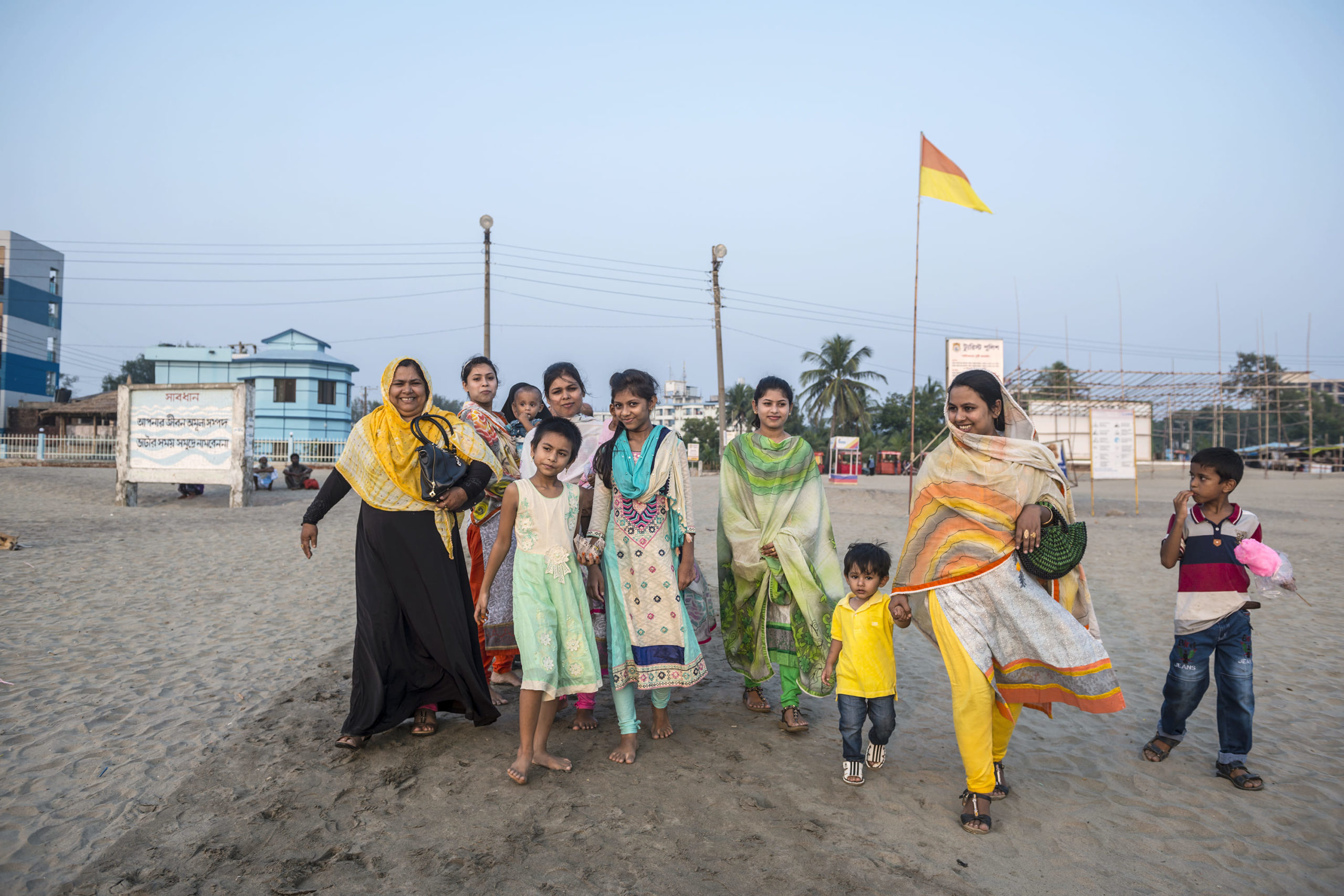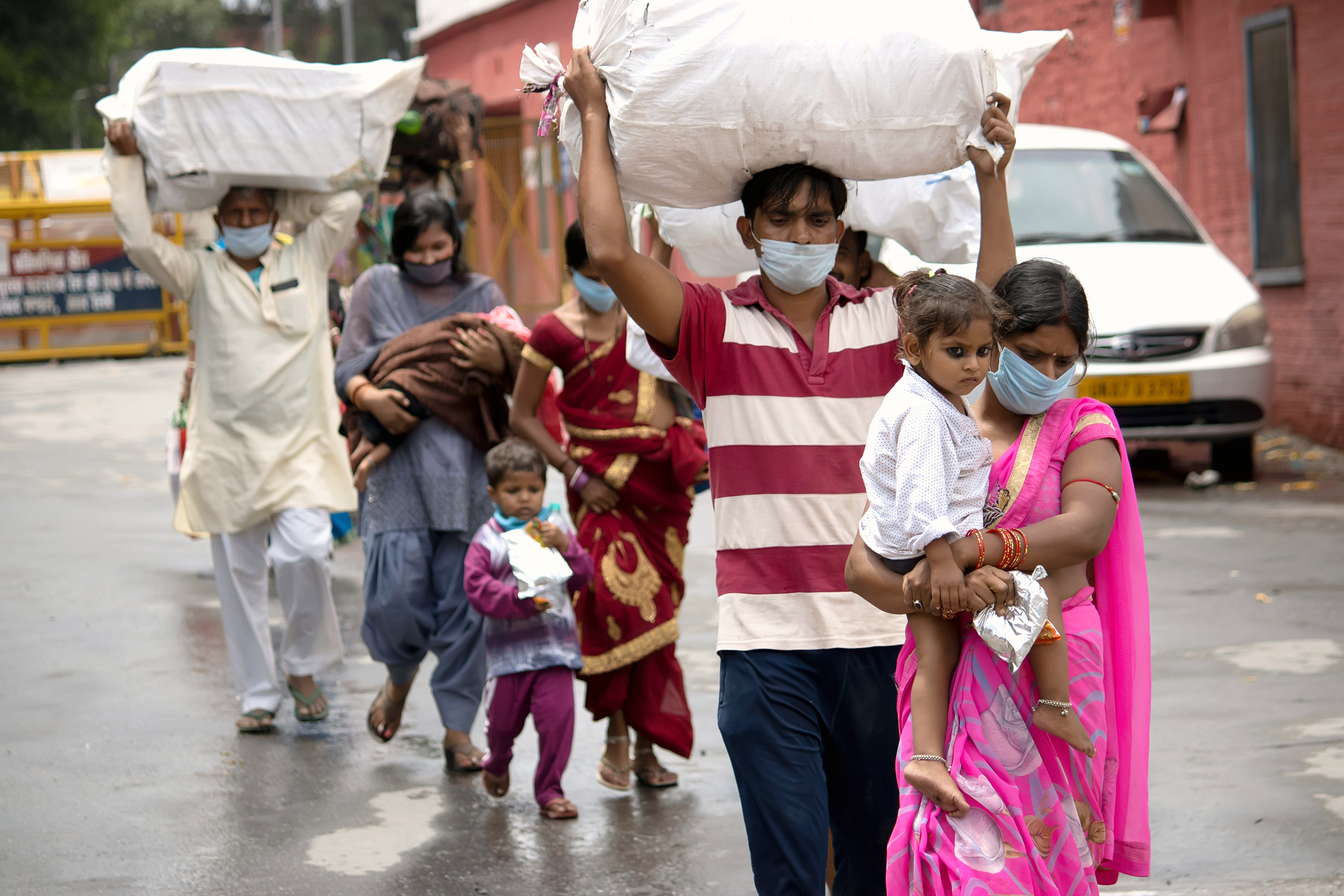For Policy Makers
This is a dedicated space designed to provide policymakers with the latest insights and evidence-based research on growth, gender, and labor markets in low-income countries. Here, you will find our comprehensive Policy Brief series, Synthesis Paper series, and other relevant publications that distill complex research findings into actionable insights for policy development. Additionally, this section features information on key events that can support your policy-making process. Our goal is to empower you with the knowledge and tools needed to drive impactful and sustainable economic development.
Publications

Empowering Adolescents, Transforming Futures
Durable Impacts that Extend Across Generations
By Erica Field, Rachel Glennerster, Nina Caroline Buchmann, and Sakib Mahmood
Read moreWork and Motherhood
Female Employment does not Reduce Fertility
By Andreas Kotsadam, Janneke Pieters, and Espen Villanger
Read moreWrong Time to be Born? How Peripartum Timing Affects Agricultural Labor, Productivity, and Child Health in Africa
By Kelvin Mulungu, Nicholas Kilimani, and Gebeyehu Manie Fetene
Read moreStrengthening Childcare Markets through Social Franchising: Evidence from Kenya
By Emily Beam, Anne Fitzpatrick, and Maira Emy Reimão
Read more